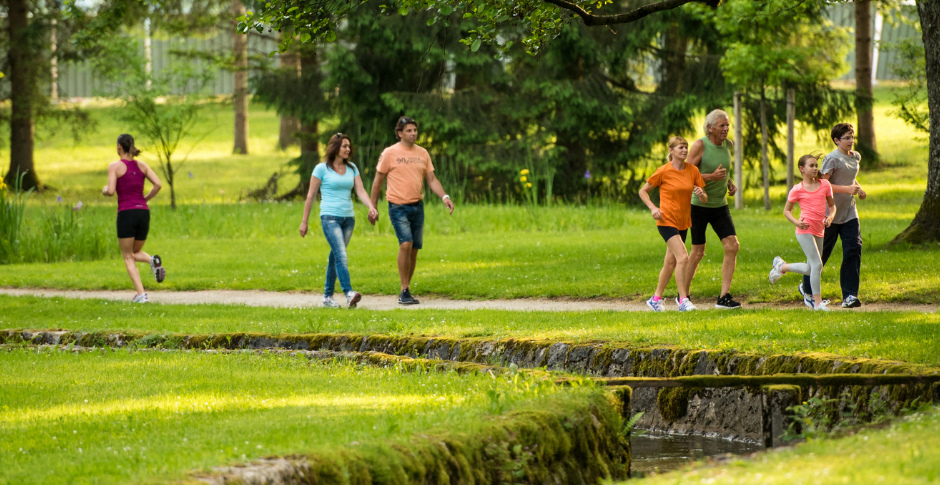Evidence-Based Strategies
Early in your journey of addiction recovery, facing fear and anxiety can feel overwhelming. However, evidence-based strategies can help you navigate this crucial phase with resilience and determination.
Mindfulness and Meditation

One effective approach is the practice of mindfulness and meditation. These techniques encourage you to stay present in the moment, fostering a sense of calm. Simple breathing exercises and guided meditations can be powerful tools to alleviate anxiety and promote emotional well-being.
Cognitive-Behavioral Therapy (CBT)
CBT is a widely recognized therapeutic approach that targets negative thought patterns and behaviors. In early addiction recovery treatment, you can benefit from CBT by identifying and challenging irrational fears. By reshaping negative thinking, CBT empowers you to develop healthier coping mechanisms.
Peer Support and Group Therapy

Connecting with others who share similar experiences can provide you with a sense of belonging and understanding. Peer support groups and group therapy sessions create a supportive environment where you can openly discuss your fears and anxieties. This shared camaraderie can significantly reduce the sense of isolation often felt in early recovery.
Establishing Routine and Structure
Creating a daily routine can bring a sense of stability and predictability to the recovery process. A structured schedule helps you focus on positive habits, reducing the space for fear and anxiety to take hold. Establishing a routine also promotes a healthier lifestyle, contributing to overall well-being.
Physical Exercise
Research has proven that regular physical activity has positive effects on mental health. Exercise releases endorphins, the body’s natural mood elevators, which can alleviate anxiety. Whether it’s a brisk walk, yoga, or other forms of exercise, incorporating physical activity into the daily routine can be a valuable asset in managing emotional challenges.

Early addiction recovery is a transformative period that requires courage and commitment. By incorporating evidence-based strategies such as mindfulness, CBT, peer support, routine, and exercise, you can effectively confront and manage fear and anxiety. Each step taken toward recovery is a triumph, and with the right tools, you can navigate this challenging journey with strength and resilience.


